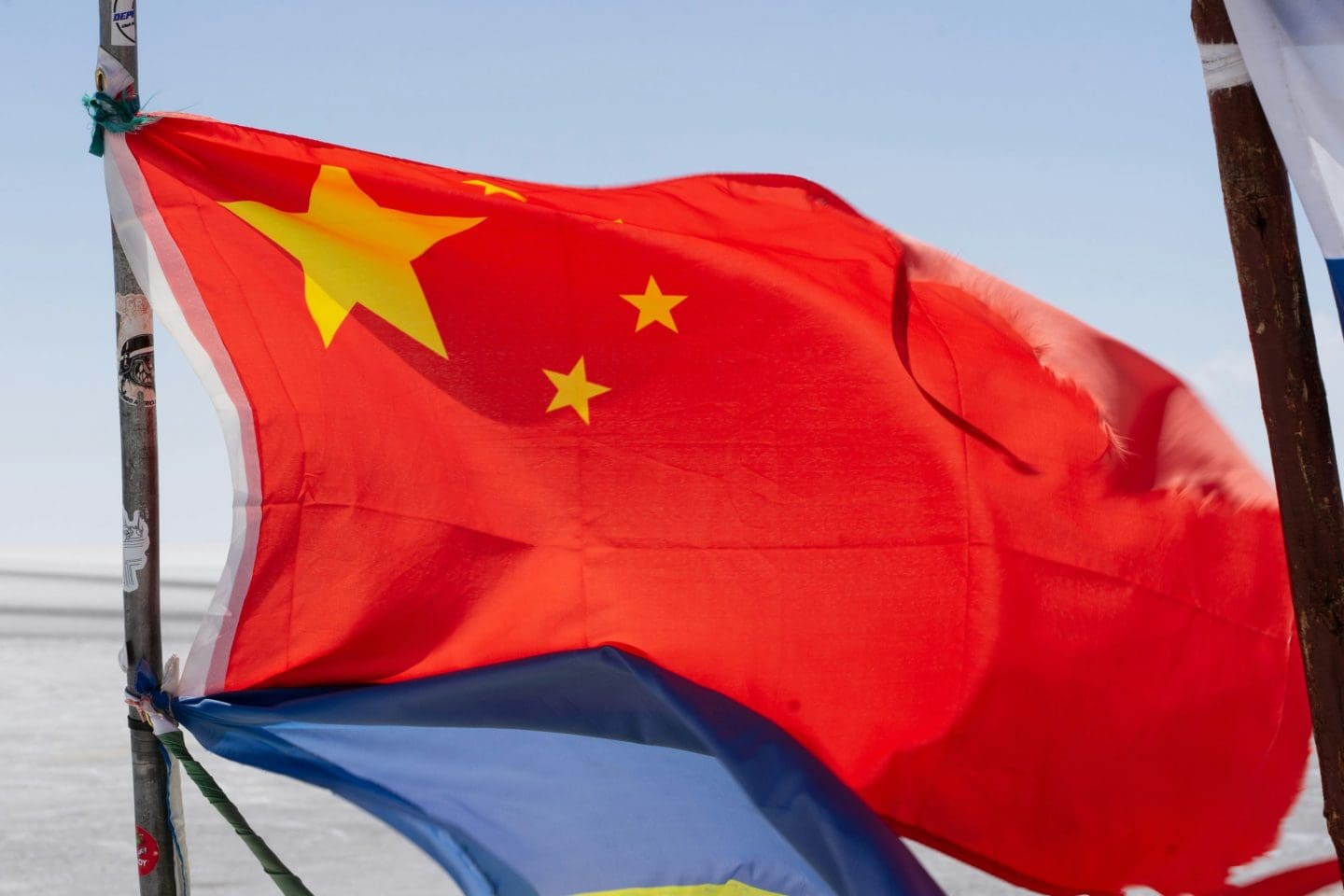In-Short
- US-China AGI rivalry intensifies with US proposing a Manhattan Project-style initiative.
- Recommendations include restrictions on Chinese humanoid robots and critical tech controls.
- Report suggests creating an Outbound Investment Office to prevent aiding China’s tech growth.
Summary of the US-China AGI Rivalry Report
The US-China Economic and Security Review Commission has released a report recommending a significant policy shift in the face of the growing Artificial General Intelligence (AGI) rivalry with China. The report, which was presented to Congress in November 2024, includes 32 recommendations that could reshape the technological landscape between the two superpowers.
Proposed AGI Development Program
The centerpiece of the report is a proposal for a government-backed AGI development program, akin to the Manhattan Project, aimed at achieving AI systems with human-like cognitive abilities. This initiative would involve multi-year contracts with AI companies, cloud providers, and data center operators, prioritizing the project as a matter of national security.
Technological Controls and Trade Policy
Beyond AGI, the report recommends export controls and investment screenings to maintain the US’s technological edge. This includes restricting imports of advanced Chinese-made humanoid robots and products related to energy infrastructure with remote monitoring capabilities. The Commission also suggests stronger oversight of technology transfers and the creation of an Outbound Investment Office to prevent US resources from bolstering China’s sensitive tech sectors.
Investment Transparency and Global Tech Competition
The report emphasizes the need for data transparency, calling for expanded reporting on investments and technology transfers. It arrives at a time when China is pushing for technological self-sufficiency and the global stakes in tech competition are high, with advancements in AI and quantum computing.
Regulatory Challenges and International Coordination
Implementing these recommendations could pose challenges, potentially impacting global innovation networks. The report suggests that success will depend on international coordination with allies on export controls and investment screenings. The tech industry may have to adapt to a more regulated environment with stricter compliance requirements.
As the US and China continue their technological tug-of-war, the industry must prepare for a future where government policies play a pivotal role in development and innovation.
For more detailed insights, read the full report on the original source.
Footnotes
Image Credit: Nathan Bingle










